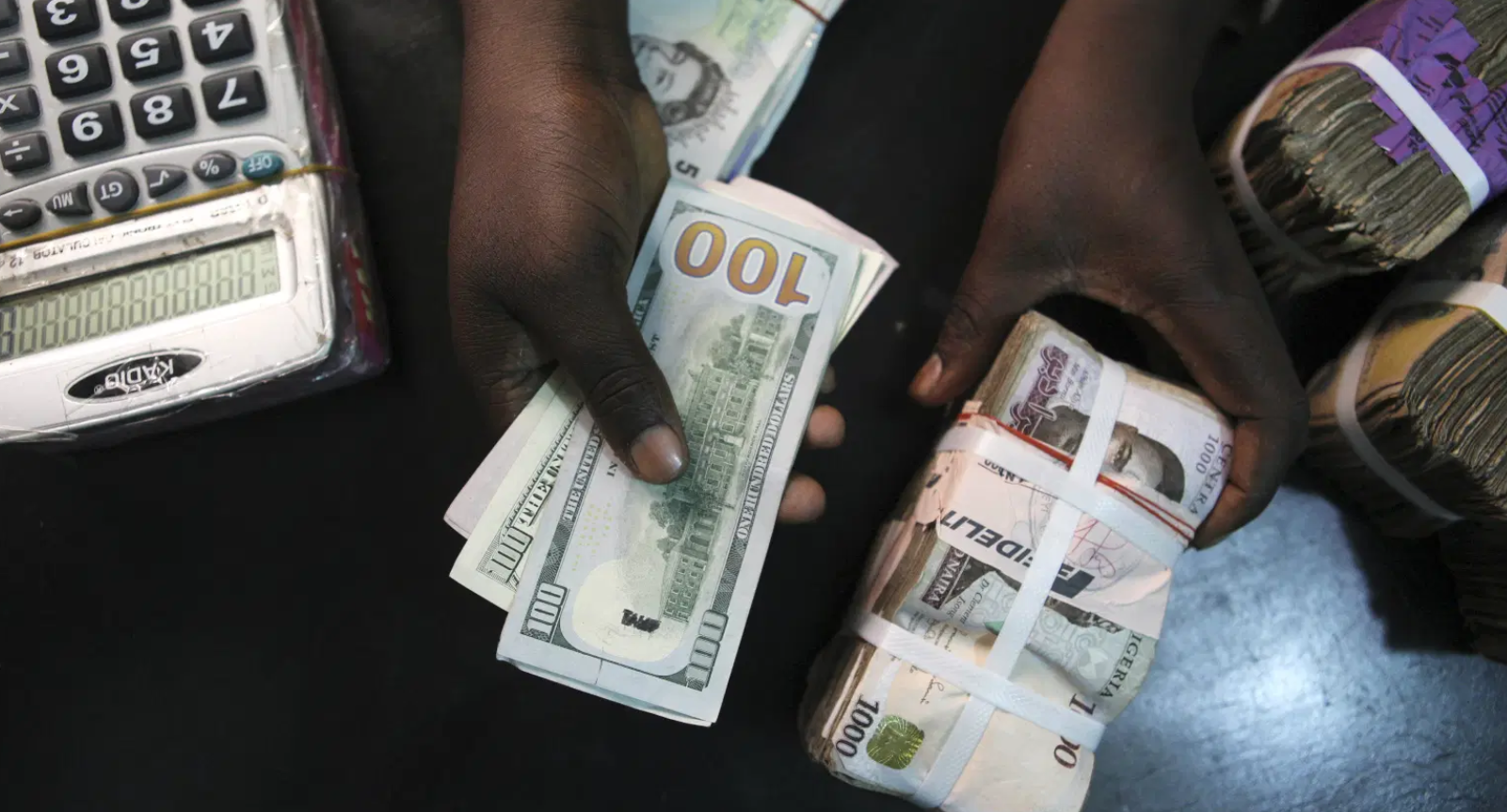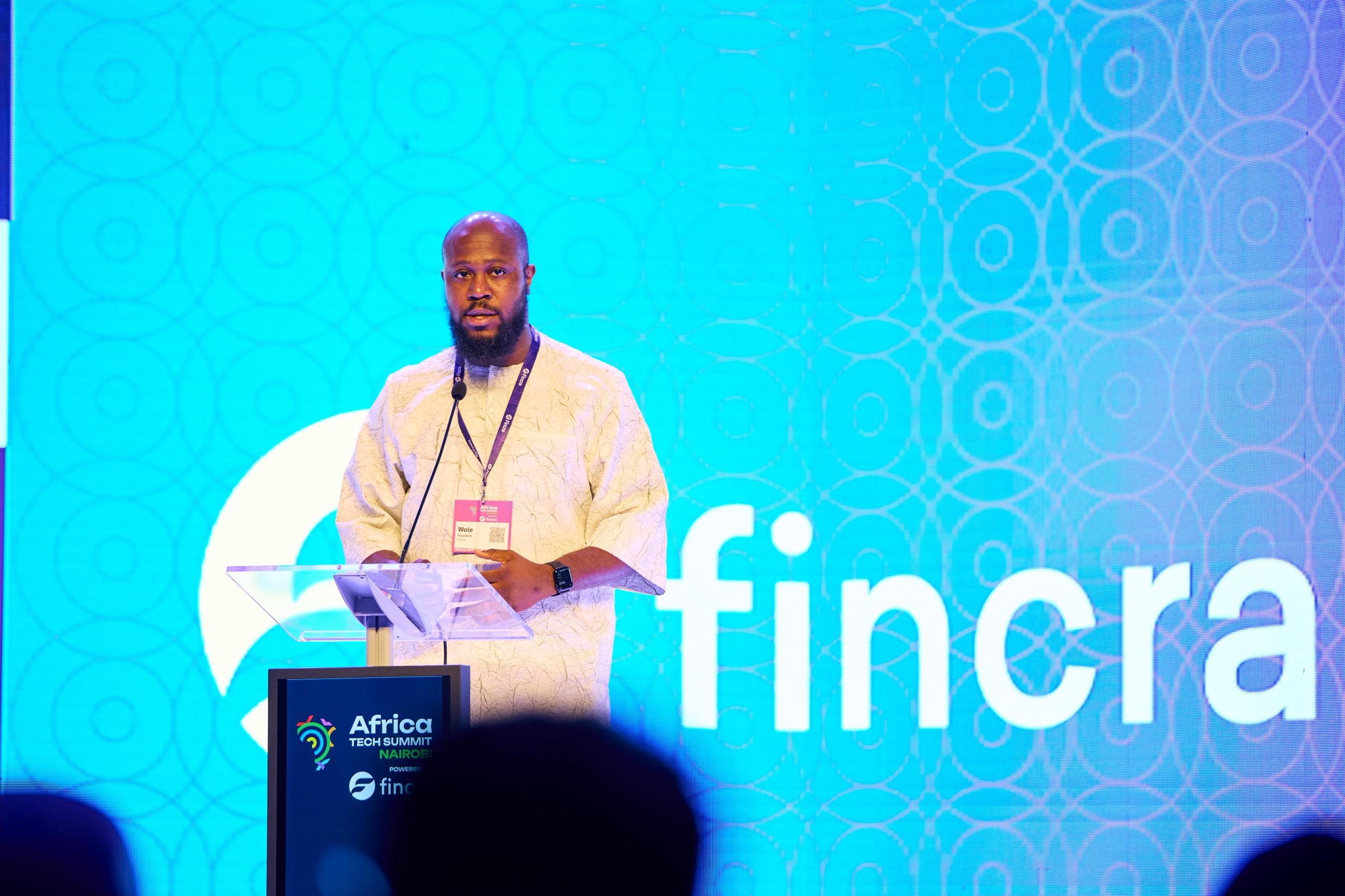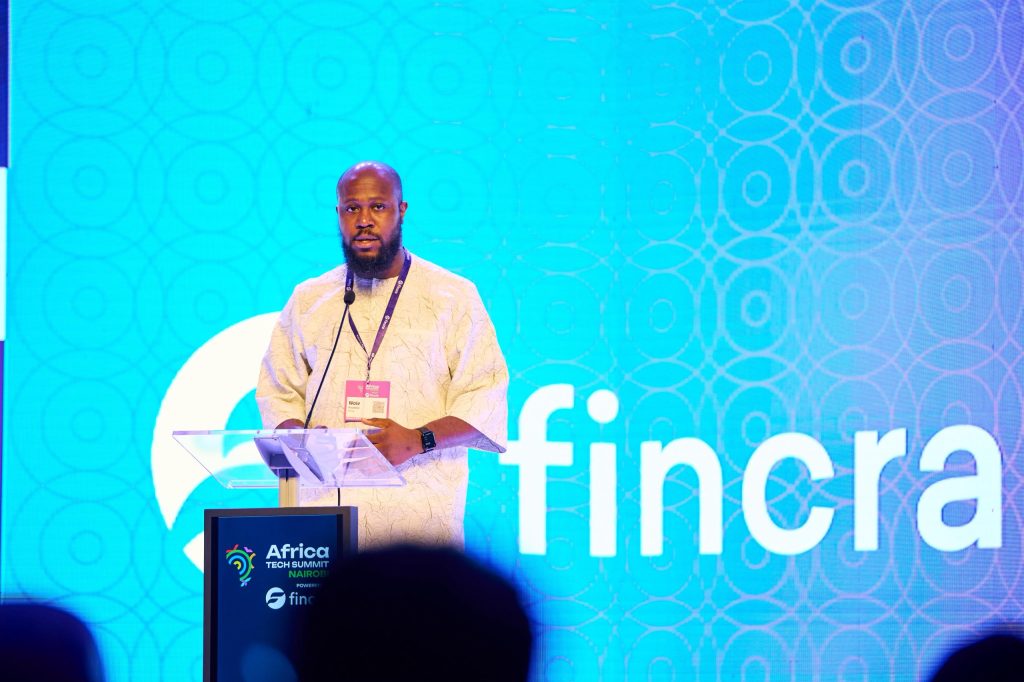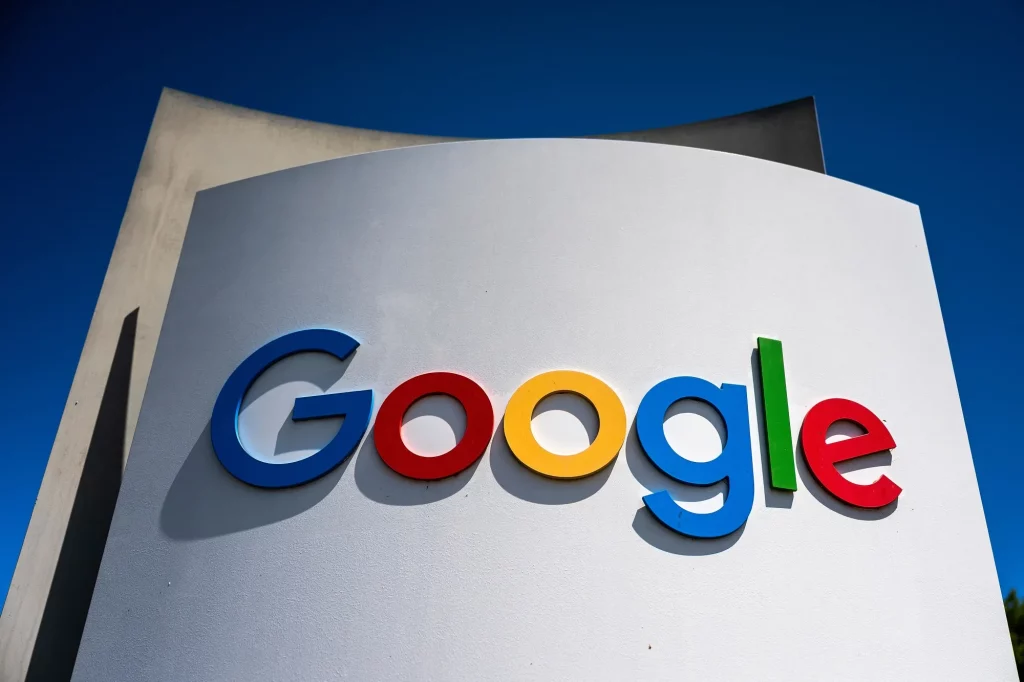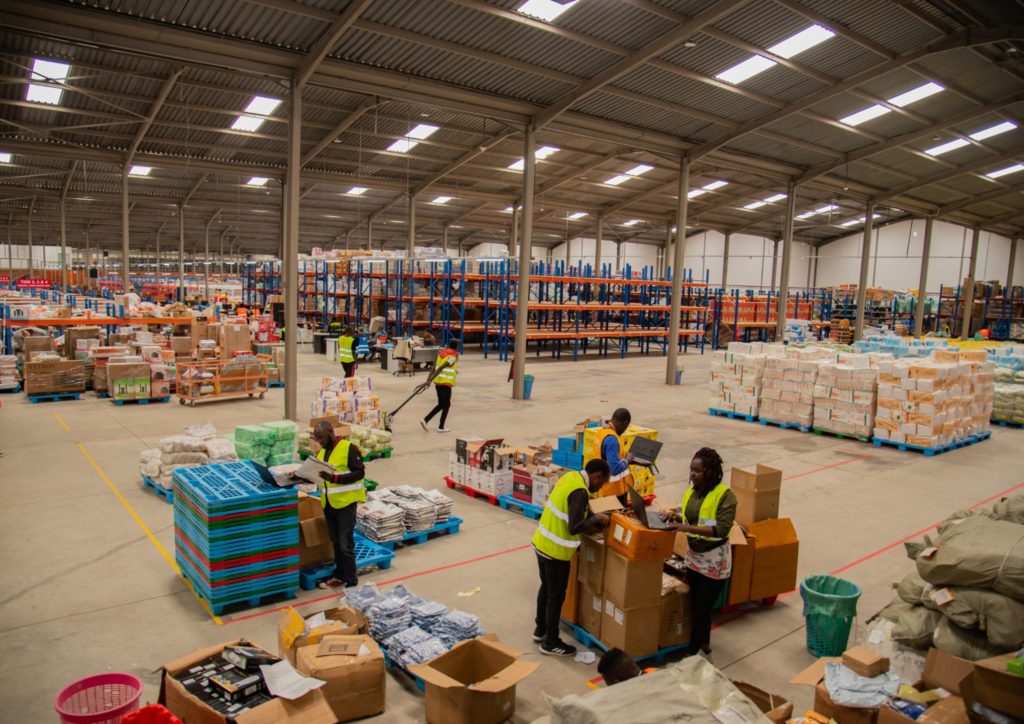Today’s loosening of exchange rate controls will diminish the arbitrage advantage previously enjoyed by BDCs, resulting in a notable decrease in the price of BDC licenses.
The cost of obtaining a Bureau De Change (BDC) license is declining following news of Nigeria’s move towards a single exchange rate. While the Central Bank has not confirmed the new policy stance, the Naira fell by as much as 38% on the I&E window today, its largest slide in four years. It’s still unclear if the CBN will pursue a free or managed float, but there are already concerns that a single exchange rate will make the business of Bureau De Change operators a lot less profitable. BDCs have traditionally benefited from arbitrage and Nigeria’s multiple exchange windows. Historically, this gap has remained reasonable, but in the last year, the spread has grown as the CBN stuck to an artificial rate of $1/₦462.
A unified window will close that spread, and the market is already reacting, with interest in BDC licences cooling this week. Three reliable sources told TechCabal that people with multiple BDC licences are selling them off as there might be little to no profitability in owning them since banks are back in business. Among several financial requirements aside registration cost, anyone applying for a BDC license had to make a capital deposit of at least ₦35 million. However, sources close to the matter told TechCabal the holders of these licenses are selling them off at ₦15 million today and that the price will likely plummet further.
A market expert explained to TechCabal, “Before now, [over 5,500] BDCs received a $20,000 allocation at the official rate every week and sold it for an almost 100% margin on the parallel market. The significant arbitrage ensured that it was profitable, which led to an influx of a record number of BDC dealers. Now that rates have been unified, they have little motivation to hold on to it.”
As this article explains, BDCs are “insanely profitable” businesses because the CBN receives 500 requests for BDC licences weekly. TechCabal reported today that the CBN had floated the naira, with the USD now exchanging at a sell rate of ₦700. The ripple effect is that the activities of the parallel market—run by BDCs—will slow down significantly.
A financial analyst speaking to TechCabal said roundtripping and arbitrage were characteristic of the BDCs which ran the parallel market. “Rate parity automatically means whatever BDC offers is the same or slightly similar with/to the banks. Naira floating ensures this, which means the monopoly of BDCs or sure assurance that they are the only ones with readily available FX will dwindle drastically as I can get the same FX at any bank,” another financial analyst explained to TechCabal. “The incentives are even lower now that I can do everything from the comfort of my home with my registered bank details,” he continued.
The truth is that while a unified FX rate might hold some potential for the market in the long run, it will badly affect the businesses of BDCs that thrive on arbitrage. CBN had in 2021 threatened to stop the issuance of BDC licenses. However, this doesn’t particularly solve the problem because even a unified FX rate still won’t fix the backlog of FX demand in Nigeria.
What do you think about our stories? Tell us how you feel by taking this quick 3-minute survey.









